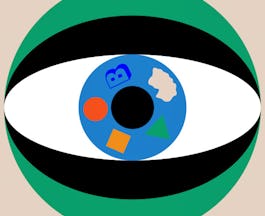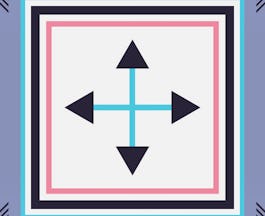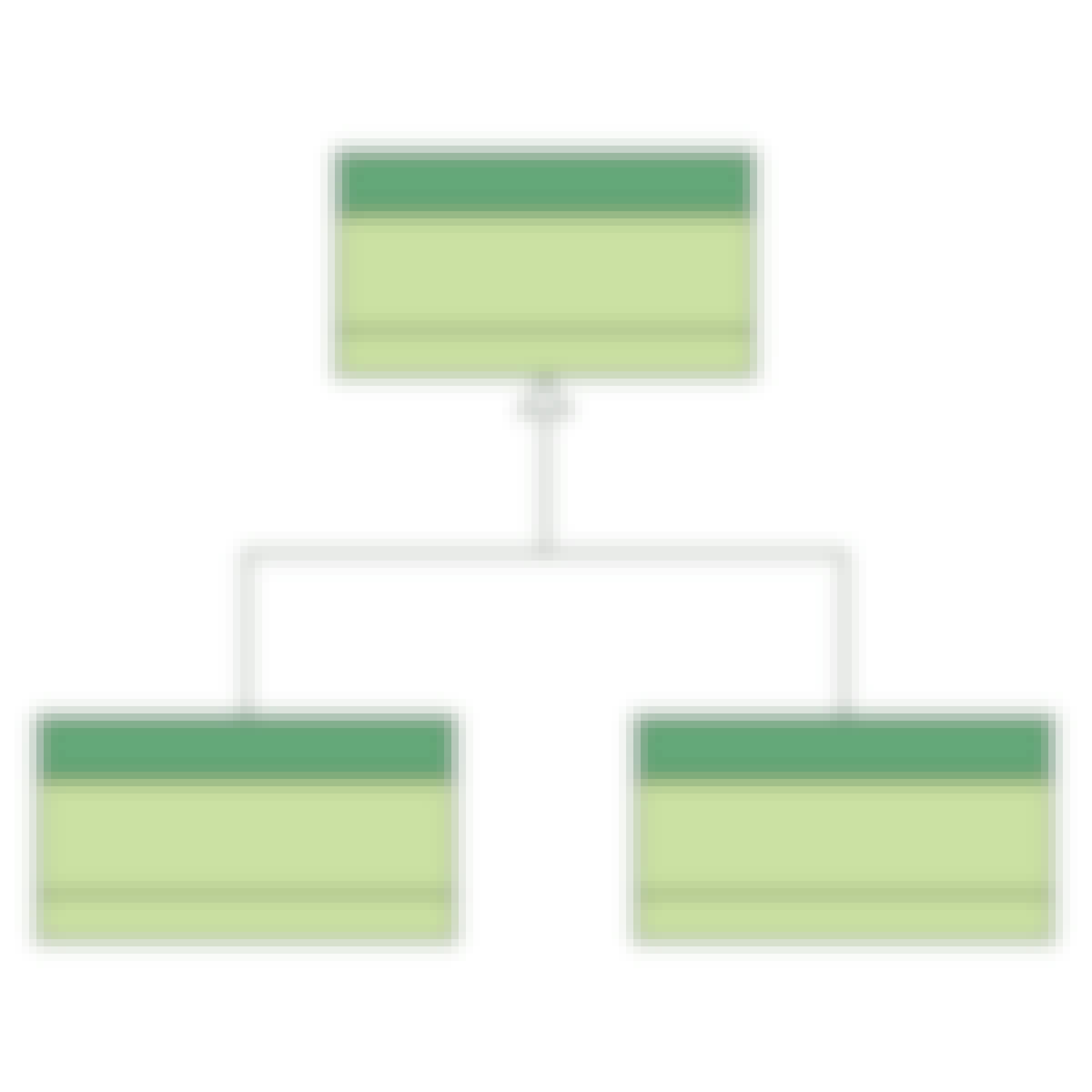Filter by
The language used throughout the course, in both instruction and assessments.
Explore the Concept Design Course Catalog

Skills you'll gain: User Experience, User Experience Design, User Research, Product Development

California Institute of the Arts
Skills you'll gain: Graphic Design, Design and Product, Visual Design, Computer Graphic Techniques, Computer Graphics, Creativity, Graph Theory, Visualization (Computer Graphics), Geometry, Interactive Design

California Institute of the Arts
Skills you'll gain: Graphic Design, Strategy, User Experience, User Experience Design, Visual Design, Web Design

Skills you'll gain: Audit, Human Computer Interaction, User Experience, User Experience Design, User Research

University of Michigan
Skills you'll gain: Research and Design, Human Computer Interaction, User Experience, User Experience Design

University of California San Diego
Skills you'll gain: Probability & Statistics, Experiment, Statistical Tests, Human Computer Interaction, User Experience, R Programming, Statistical Programming, User Experience Design, Data Analysis, General Statistics, Statistical Analysis, User Research, Visual Design, Probability Distribution, Regression, Collaboration

University of Alberta
Skills you'll gain: Software Architecture, Software Engineering, Systems Design, Programming Principles, Computer Programming, System Software, Application Development, Computer Architecture, Design and Product, Java Programming, Product Design, Software Engineering Tools, Problem Solving, Computational Thinking, Professional Development, Project Management, Data Visualization
 Status: Free
Status: FreeGeorgia Institute of Technology
Skills you'll gain: User Experience, User Experience Design, User Research, Customer Analysis, Design and Product, Interactive Design, Product Design, Research and Design, Graphic Design, People Analysis

University of Alberta
Skills you'll gain: Computer Programming, Design and Product, Programming Principles, Software Architecture, Software Engineering, Systems Design, Application Development, Java Programming, Product Design, Software Engineering Tools

California Institute of the Arts
Skills you'll gain: Creativity, Storytelling, Writing

University of Maryland, College Park
Skills you'll gain: Leadership and Management, Design and Product, Strategy and Operations, Product Management, Entrepreneurship, Product Development, Strategy, Product Design, Marketing, Product Strategy, Research and Design, Market Research, Market Analysis, Product Marketing, Finance, Sales, Investment Management, Planning, Project Management, Financial Analysis, Financial Management, Business Psychology, Budget Management, Entrepreneurial Finance, Software Engineering Tools, Innovation

University of Virginia
Skills you'll gain: Creativity, Innovation, Leadership and Management, Storytelling
In summary, here are 10 of our most popular concept design courses
- Foundations of User Experience (UX) Design: Google
- Graphic Design: California Institute of the Arts
- UI / UX Design: California Institute of the Arts
- Start the UX Design Process: Empathize, Define, and Ideate: Google
- UX Design: From Concept to Prototype: University of Michigan
- Interaction Design: University of California San Diego
- Software Design and Architecture: University of Alberta
- Introduction to User Experience Design : Georgia Institute of Technology
- Object-Oriented Design: University of Alberta
- Game Design: Art and Concepts: California Institute of the Arts










